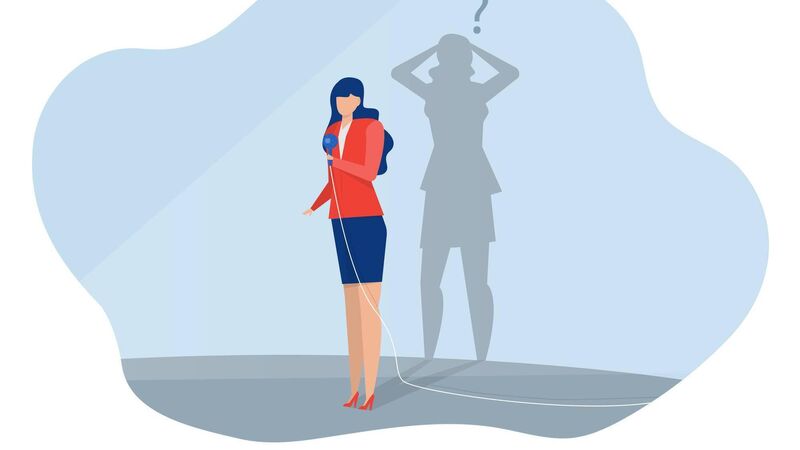Top tips for combating imposter syndrome and how it affects more people than you'd think

'Imposter syndrome' has been observed among high-achieving women who believe they are not as competent as others think and fear being exposed as ‘imposters’ despite their achievements
There is nothing straightforward about walking into a room when imposter syndrome bites at your ankles. Whatever confidence you had when the gig was booked, or you agreed to be a speaker, or signed that long-sought-after deal, becomes shrouded in self-doubt and crippling inadequacy as you take the podium and experience the swell of not feeling good enough.
Dr Sarah Bishop, clinical psychologist, highlights that the term 'imposter syndrome' was first coined by psychologists in the 70s in a paper called ‘The Impostor Phenomenon in High Achieving Women: Dynamics and Therapeutic Intervention’ (Clance and Imes, 1973).








